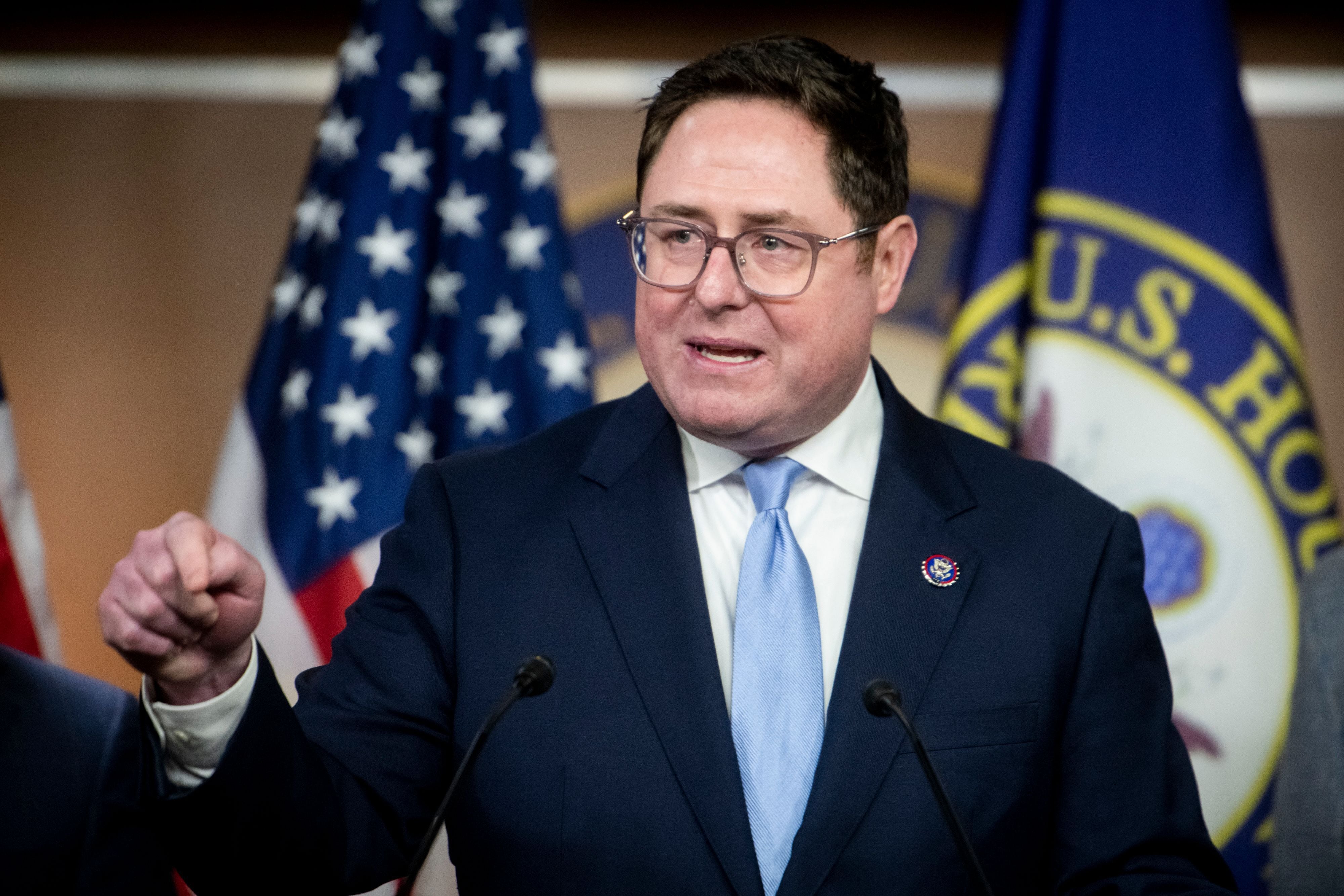Senate votes to scrap SEC’s controversial crypto custody policy. Here’s why everyone hates SAB 121
0
0

On Thursday, the Senate will vote on a resolution to repeal controversial accounting guidance from the Securities and Exchange Commission, which critics say has deterred investment banks from offering crypto custody at scale.
The Block reported there’s apparently enough bipartisan support to see the measure pass.
That will please a raft of interests — lawmakers, investment banks, crypto investors, and crypto sceptics — that usually see eye to eye on very little.
All would like to see SEC staff accounting bulletin 121, known as SAB 121, scrapped, saying the guidance forces banks to treat crypto differently from other assets.
“Even I think rewriting the rules on how custody works for crypto is outrageous,” Sean Tuffy, a banking regulation expert and self-avowed crypto sceptic, told DL News.
So what is SAB 121, and why is there so much ire over an arcane issue of banking compliance?
Missing out on ETFs
Let’s look at exchange-traded funds to understand SAB 121′s impact.
ETF issuers pay custodians, often banks, to safeguard the asset underlying the fund.
BNY Mellon, JPMorgan, and State Street all have large custody businesses in the US.
So why, when it comes to the spot Bitcoin ETFs, are none of those names involved? If you look at the funds’ prospectuses, you’ll see Coinbase, Gemini, BitGo and Fidelity listed as custodians.
That’s at least partially thanks to SAB 121, a “de facto crypto custody rule that really boxed out custodians,” Tuffy said.
The SEC published SAB 121 in March 2022. It advises any entity safeguarding crypto assets on behalf of others to put them on its balance sheet as if it owned them.
They don’t have to do this with traditional assets like stocks.
Like other too-big-to-fail banks, custodians must hold capital reserves to offset risky on-balance sheet items so they can fund their positions in the event of a default.
Tomorrow, the Senate will vote on the SAB-121 repeal.
— Austin Campbell (@CampbellJAustin) May 16, 2024
It may be the only thing the crypto and tradfi industry agree upon.
First, to re-iterate, SAB-121 is the rule that the SEC unilaterally adopted with no consultation with the industry that says the following:
Unlike all…
That’s expensive: the capital they’re forced to hold in reserve could be leveraged for revenue.
SAB 121 isn’t clear on how much banks would have to hold against crypto assets, or whether the SEC would even enforce it — it’s not a rule per se, just a piece of high-level guidance.
But the uncertainty alone has reportedly deterred a number of big firms — including BNY Mellon, State Street, and Nasdaq — from entering this business.
Why is this a problem?
Lawmakers like Republican Mike Flood, who is backing the anti-SAB 121 resolution, say that cutting out heavily-regulated and experienced banks from the crypto custody business places investors’ assets at risk.
Part of that risk comes from the fact that most of the Bitcoin underlying the spot ETFs is concentrated in one provider. Coinbase handles the custody for eight of the 10 ETFs, or about 90% of the Bitcoin in these funds.
‘It’s just a really weird situation and a good example of how the SEC has tied itself in knots a bit with its full court press against crypto.’
Sean Tuffy
However, that puts SAB 121 directly at odds with the SEC Chair Gary Gensler’s position that existing regulations are adequate to police crypto markets, Tuffy said.
“If that’s true, and I’m inclined to believe that it is, then why would the SEC need to create very different custody rules for crypto?” Tuffy said.
SAB 121 essentially hands over custody of Bitcoin ETFs to Coinbase, which the SEC is actively suing for violations of securities laws.
“It’s just a really weird situation and a good example of how the SEC has tied itself in knots a bit with its full court press against crypto,” Tuffy said.
Pressure to repeal
Gensler seems unwilling to scrap SAB 121.
He likely believes that it addresses risks SEC staff see in crypto markets — a position reinforced by the huge losses caused by failures of crypto businesses like FTX and Celsius.
But he’s under pressure to overturn it, or to at least allow the public to weigh in on it.
The Government Accountability Office, the US’s Congressional watchdog, said in October that SAB 121 amounts to a rule, and should be put through the statutory public consultation process.
And then there’s the powerful big banking lobby. Influential trade associations like the Securities Industry and Financial Markets Association have called for investment banks to be excluded from SAB 121.
Gensler, however, has US President Joe Biden in his corner. Biden said he would veto Flood’s resolution if it passed the Senate.
“Limiting the SEC’s ability to maintain a comprehensive and effective financial regulatory framework for crypto-assets would introduce substantial financial instability and market uncertainty,” Biden said.
Reach out to the author at joanna@dlnews.com.
0
0






